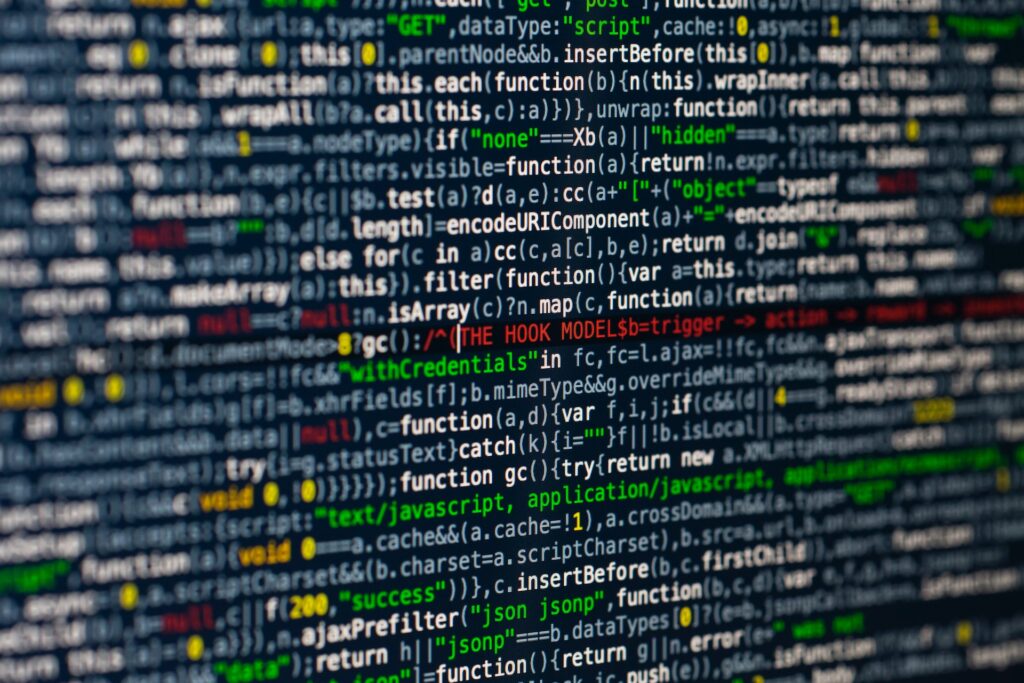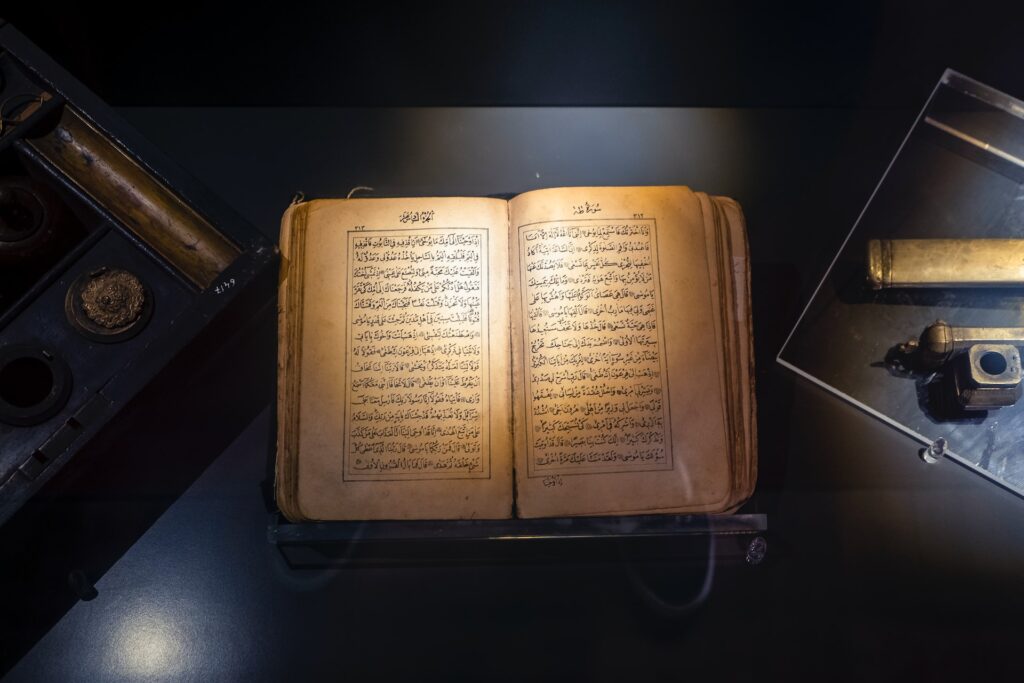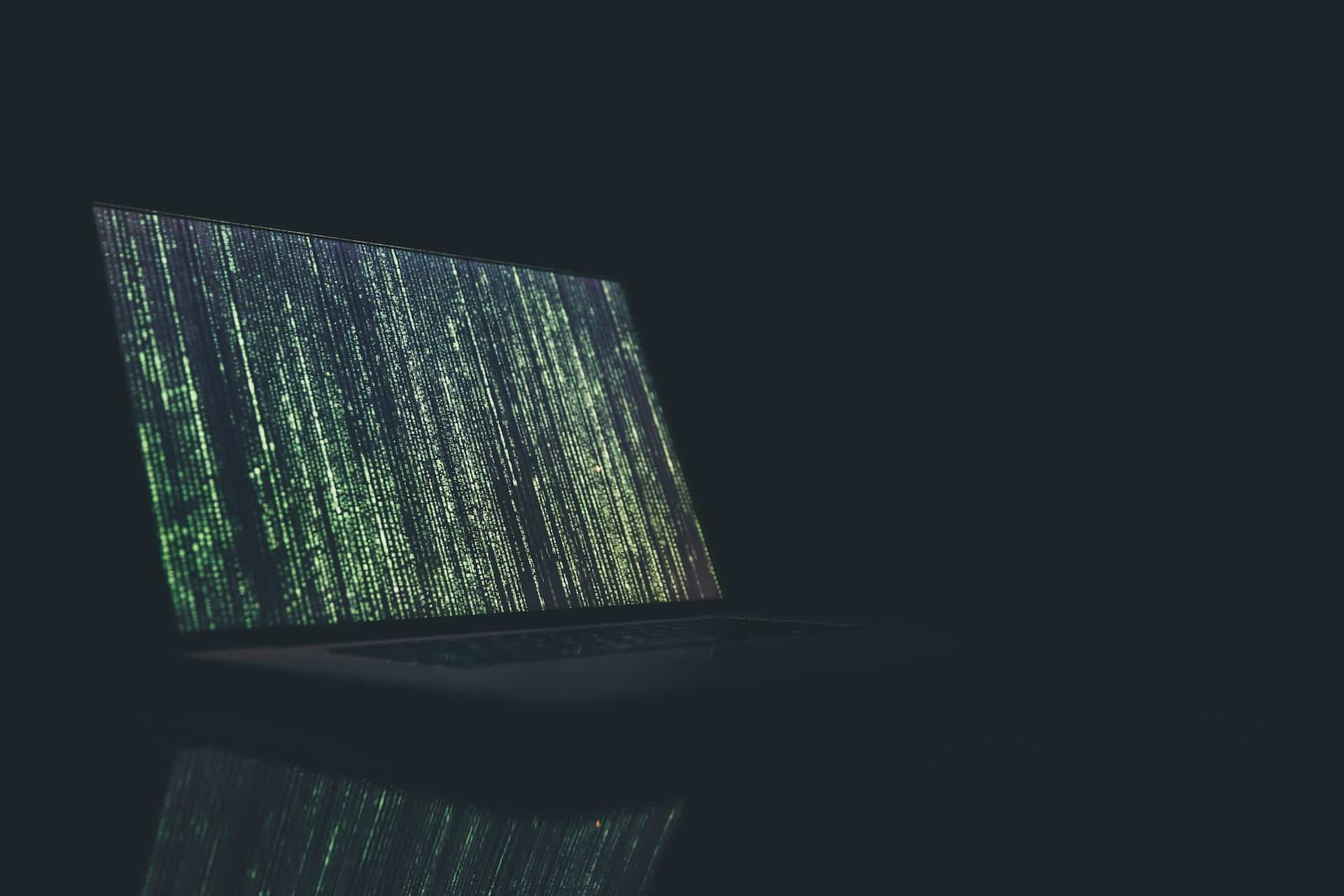Man seeks to understand.
We want to know why things are the way they are. Science is helpful is this regard. Through science, we muster our logic and reason to observe, analyze, make correlations, and establish hypotheses which we will continue to test through the gathering of more data. This is not a process that we should suspend, even as we continue to dream, imagine, hope, trust, and love, endeavors that are linked much more closely to belief than to reason.

Questions about our existence may be approached through both faith and science:
Various reactions to the universe’s fine-tuning for life have been proposed: that it is a lucky coincidence which we have to accept as a primitive given; that it will be avoided by future best theories of fundamental physics; that the universe was created by some divine designer who established life-friendly conditions; and that fine-tuning for life indicates the existence of multiple other universes with conditions very different from those in our own universe.
https://plato.stanford.edu/entries/fine-tuning/
In addition to the four propositions for the establishment of life mentioned above (coincidence, a flawed understanding of physics, God, and the multiverse), we can now add a fifth:
We are living in a simulation.

In a recent article posted to The Conversation, author Melvin Vopson shares that the idea has been getting some traction since the 1989 thesis advanced by physicist John Wheeler that the universe is essentially information:
What we call reality arises in the last analysis from the posing of yes-no questions and the registering of equipment-evoked responses; in short, that all things physical are information-theoretic in origin and this is a participatory universe.”
John Wheeler
As a people open to the idea of revelation, this is a fascinating declaration from a formidable personality in the world of physics. The existence of the universe is dependent upon our perception of it.
Muslims believe otherwise, but only from a material perspective: God is the Creator.
However what would we say about the very point of it all? Is there an objective for any one of us beyond the meanings and lessons that we derive from our perceptions and interactions with material creation? Is not everything ultimately a sign, an ayat pregnant with instruction beyond apparent forms?
It is He who created death and life to put you to the test and see which of you is most virtuous in your deeds. He is the Mighty and All-forgiving.
Q67:2
This is absolutely a participatory universe.
And whereas we might link Wheeler’s observations to our worldview as believers, others mired in their fascination with technology have built on his ideas to suggest that we are living in a computer simulation, that the universe is one great big quantum computer, and that the “laws” of physics are essentially lines of code.

What’s fascinating to me is the convergence with these ideas that seem radically material and our own understanding of the universe as Muslims:
Are you not aware that God knows what is in the heavens and the earth? Surely this is in a book. Indeed, this is easy for God.
Q22:70
Destiny and decree are encoded within the Preserved Tablet, the nature of which remains the exclusive purview of God Most High. This is what we believe. Is it such a departure from a “universe-as-computer” hypothesis? We might recognize something of an attribution error, but the mechanical parallels are hard to ignore.
We can take these parallels further. Derivatives of the Arabic roots shabaha or mathala can be found throughout the Qur’an. The words carry the meaning of similarity, likeness, resemblance, correspondence, or analog. They are sometimes used to reframe the physical as metaphorical, or vice-versa as in this example:
Those who were to carry the responsibility of the Torah but ignore it are like (mathala) donkeys laden with books.
Q62:5
More to the point of this post is the following:
And give good tidings to those who believe and do righteous deeds that they will have gardens beneath which rivers flow. Whenever they are provided with a provision of fruit therefrom, they will say, “This is what we were provided with before.” And it is given to them in likeness (shabaha).
Q2:25
What we eat in our lifetime only hints at the fullness of these fruits in the hereafter. While alive, we are confined to a fleeting simulation.
Among Muslims is the belief that death brings awareness.
. . . when death comes to one of you, Our messengers take him, and they do not fail.
Q6:61
The word translated rather anemically as “take” comes from the Arabic wafaa, a vast and telling root suggesting the completion of an agreement, the settling of a debt, or to receive in full.
When death’s angels arrive, we will be quick to realize all that preceded was illusory and ephemeral. Consciousness is shifted as everything we’ve known is called into question, and this is perhaps experienced most acutely by those aware of impending death. Such existential dread is almost certainly tied to an awareness on some level that debts will be settled and that answers are forthcoming. This is recognized by even the hardest of hearts when, upon the passing of someone close, there is a moment of wrestling with the apparent arbitrariness of it all.
The difference between edification and frustration is the presence or absence of an overarching narrative that lends meaning to our phantom existence. This is the essential utility of belief.

We are capable of extraordinary things when we believe. There is tremendous power in faith, and it is our hypothesis that the voices shouting down belief are, at root, deeply afraid of the implications that a faith-centered life carries. It is faith and hope that push us past perceived boundaries. It is trust and belief that allow us to keep showing up under circumstances that would otherwise exhaust us.
Belief is a prerequisite for resilience.
The centrality of faith in the lives of every person cannot be denied if only because we make appointments. This is an exercise in faith, just like driving to work and asking a romantic prospect for their phone number. Faith and hope are inextricable from the human experience. A religious life is a systematic way of refining this most essential faculty.
Whether we believe or not, perhaps there is an opportunity for deepening our convergence around the recognition that we are in a simulation and that reality is beyond our experience.
Leave a comment below for posterity or join us in the D&T Chautaqua Discord to discuss this post with other adventurous spirits from around the world.
